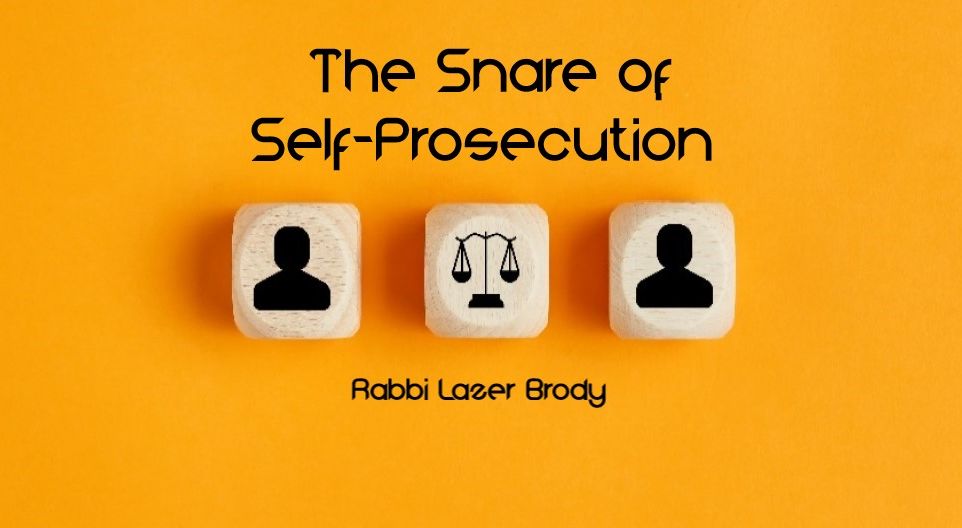
The Snare of Self-Prosecution
Who would be so daft to agree to a guilty verdict against themselves? You're right - no one. Yet, we get tricked into incriminating ourselves constantly…

On Rosh Hashanah, the awesome Day of Judgment, we have the custom of remaining as silent as we possibly can. During the Ten Days of Repentance, many people practice a taanit dibbur – a “Fast from speaking” – which in essence is much more difficult that a fast from eating and drinking.
We’d all be well-advised to limit our speech to prayer and Torah during this time of year, keeping all other forms of speech to an absolute minimum.
Let me qualify – please don’t use the above as a reason not to speak to your wife. Speaking to a wife – and even more, listening to her – is a main form of loving-kindness that a husband does for her. Speech communication with her husband is an absolute necessity for her, which must never be withheld. So, let’s not be “frum” (religious) at her expense. Even so, if a wife is smart enough to realize that her husband’s task on Rosh Hashanah is prayer and teshuva, she’ll send him to Uman and the problem of small talk at home on Rosh  Hashanah will be solved…
Hashanah will be solved…
What’s so important about refraining from idle speech on Rosh Hashanah? Rebbe Nachman of Breslev teaches (see Likutei Moharan I:113) that before an accused person is finally sentenced in the Heavenly Court, the judges ask that person if he/she agrees to the verdict.
The Zohar adds that when a person goes up to the Heavenly Court and he sees the list of transgressions in the annals of his life, he finds his signature by every single one of them; he has already pleaded guilty! How? When?
Who would be so daft to agree to a guilty verdict against themselves? You’re right – no one. Ah, but here’s the trick: If the Heavenly Court would ask us about ourselves, surely we’d have a whole string of “justified” reasons and excuses to justify what we did, plea “not-guilty”, and explain how our circumstances were mitigating. We’d do anything just to get ourselves off the hot-seat.
But, the Heavenly Court is crafty; the Heavenly-Court judges show us a case concerning another person whom we are asked to judge. Our judgment of a fellow human is in effect our judgment against ourselves, what’s known as “the judgment trap”.
Few people escape judgment traps. Nathan the Prophet ensnared King David into one (see Samuel II, 12: 1-7), as follows (reenacted in modern jargon):
Nathan the Prophet: Your Majesty, I have a difficult case where the law is unclear; I need your help.
King David: With pleasure, Holy Prophet; state your case!
Nathan the Prophet: Your Majesty, there is a very rich man in your kingdom. He has thousands of sheep. He has a poor neighbor who only has one small ewe. This little sheep eats, drinks, and sleeps with the poor man and his family. It’s just like a daughter to him. Well, the rich man wanted to dine on lamb chops, but rather than slaughtering one of his own sheep, he took the poor man’s lamb and slaughtered it instead. I don’t know what the punishment should be for such a crime…
King David: What do you mean you don’t know? This is a horrendous, unheard of crime! Not only does the rich man deserve the death penalty, but he must repay the theft four times over as the Torah requires…
Nathan the Prophet: Your Majesty, you are the rich man! Hashem has given you so many wives! Not only did Hashem save you from King Saul, He gave you King Saul’s daughter too. Yet, you have taken the lone wife of Uriah the Hittite… You deserve the same penalty!
* * *
The “judgment traps” such as the one described in the Book of Samuel are dangerous. But they’re all around us, every single day. People are always asking for our opinion on various issues, when unintentionally, we end up passing judgment on ourselves. If we do pass judgment on others, it should be a judgment that takes every mitigating circumstance into account giving them every benefit of the doubt, just as we’d want for ourselves.
So, before we voice an opinion, we should stop and think that we may be sentencing ourselves for a very similar misdeed. In order to avoid inadvertently sentencing ourselves with stiff verdicts, we should be totally forgiving, lenient and understanding with others. The Gemara teaches that the way we act toward others is the same exact way that the Heavenly Court acts toward us.
This Rosh Hashanah, when we are such dire need of Divine compassion with all the turbulence and upheavals all around us, let’s try not to judge anyone. We’d best be advised to limit our to prayer, Torah learning, and plenty of hitbodedut – especially at kivrei tzaddikim and particularly at Uman. When we do speak, let’s exercise extreme caution to avoid judging others. If we do judge them, we should go out of our way to give them the benefit of the doubt, be lenient, tolerant, and understanding. This is especially critical in our judgments of our spouses, children, and parents.
By steering clear of judgment traps, we won’t sign harsh verdicts against ourselves or against our fellow human never ever again. May G-d bless all of us for an inscription in the Book of a long and healthy Life, amen.


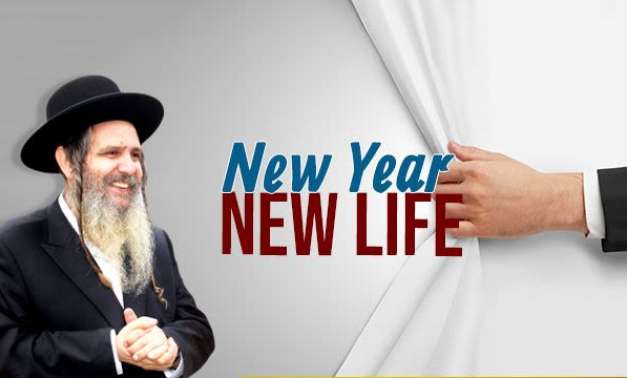

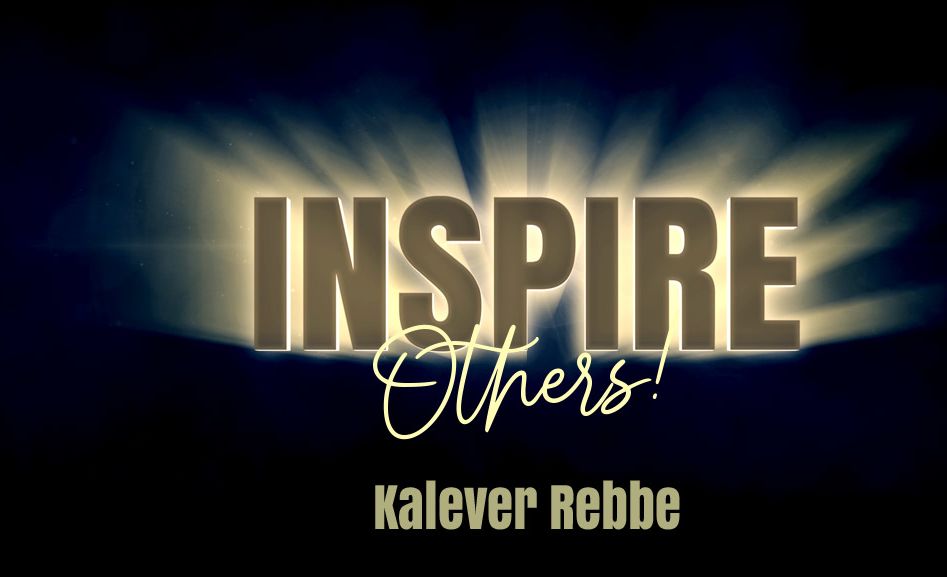
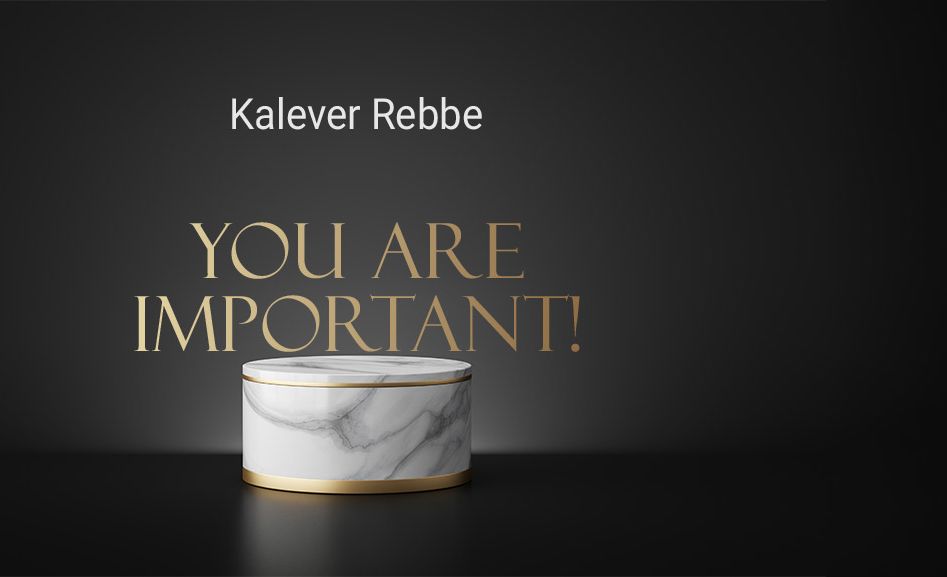

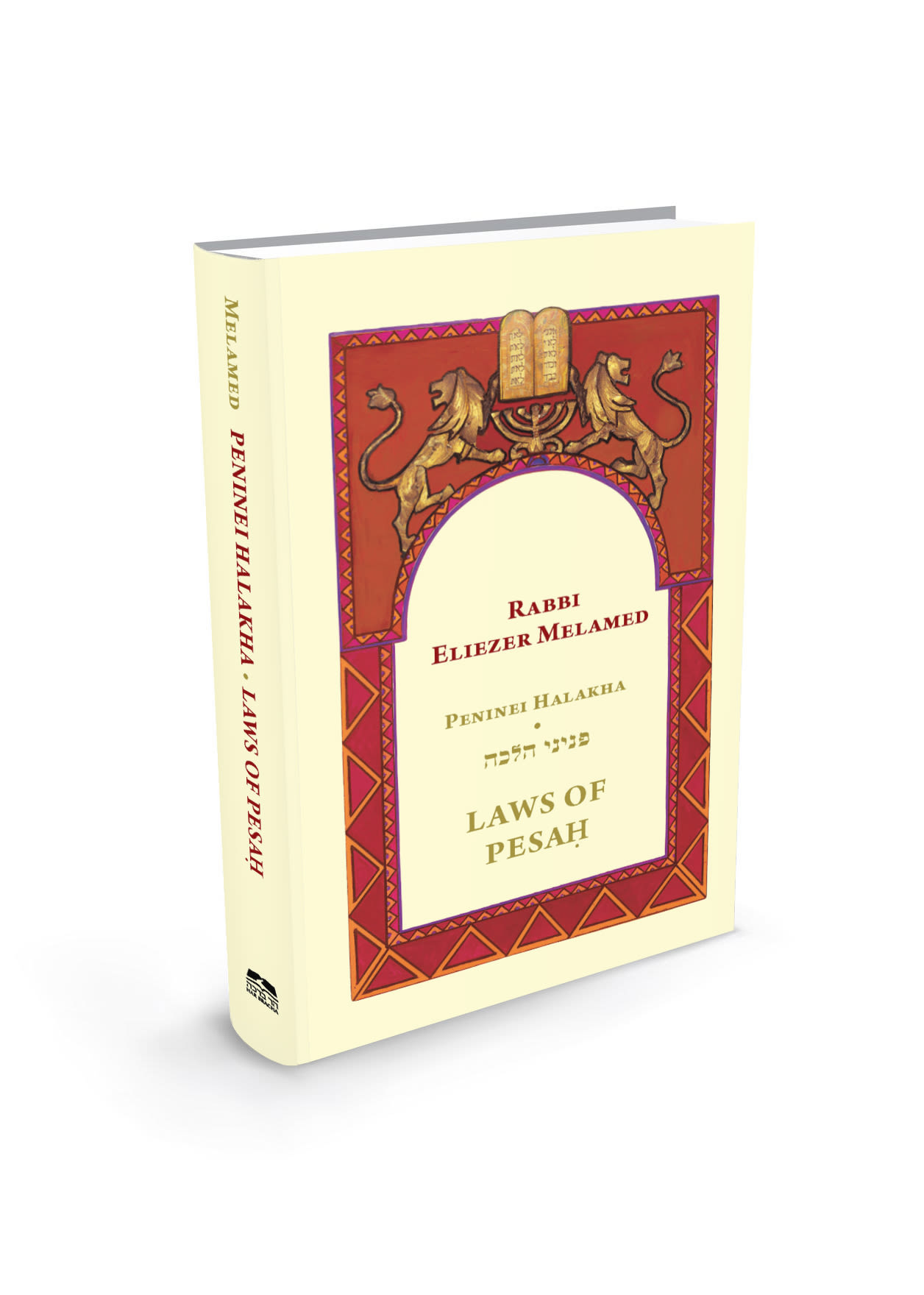
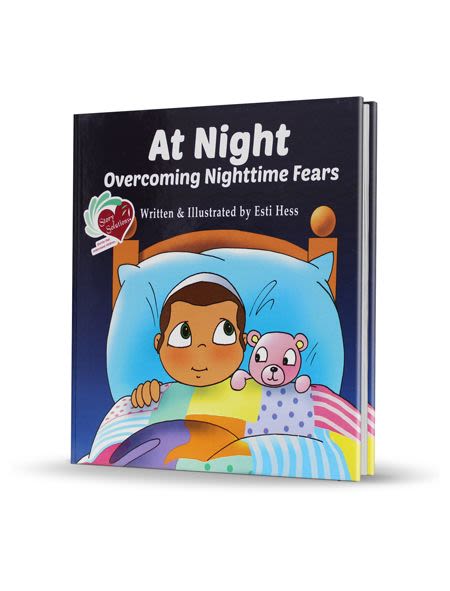
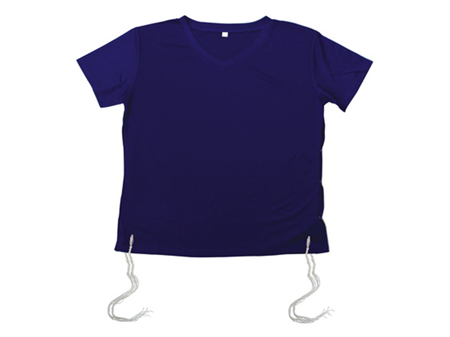


Tell us what you think!
Thank you for your comment!
It will be published after approval by the Editor.